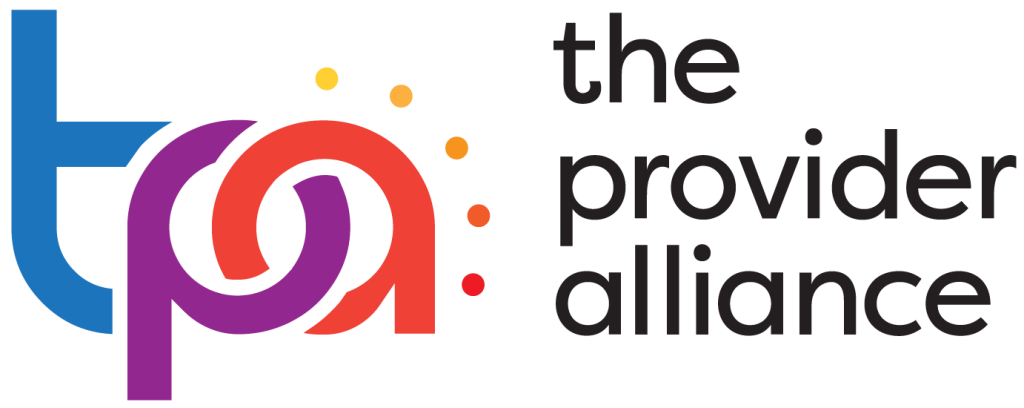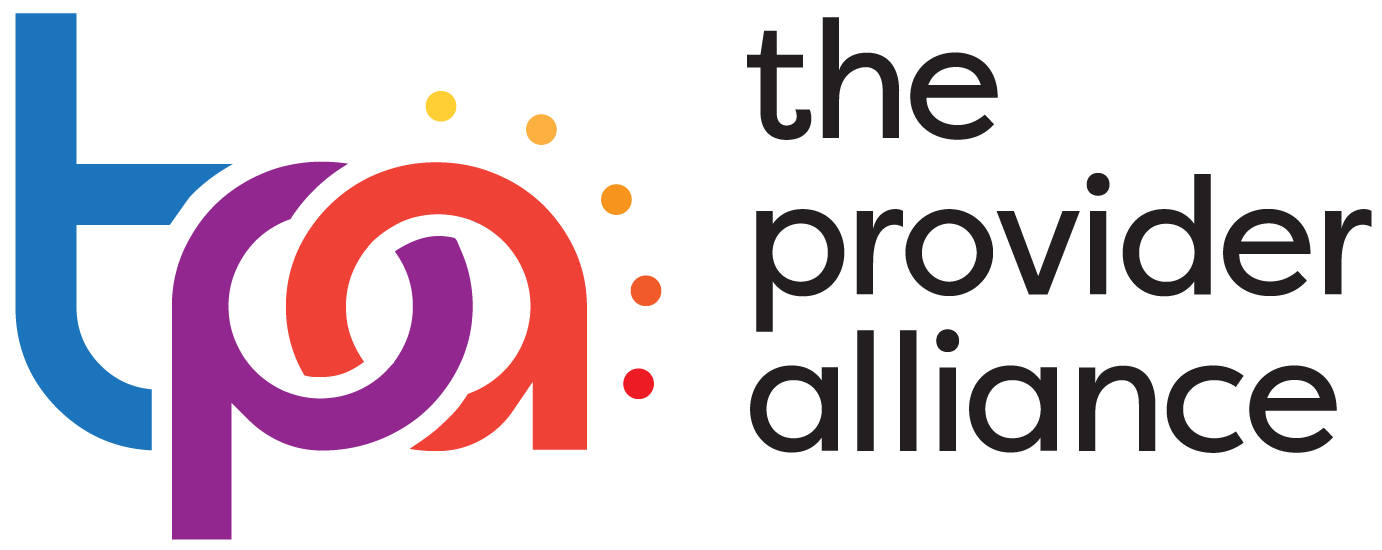CMS’ proposed Access Rule has taken center stage. During its recent Members-Only Briefing last week, ANCOR unveiled its Access Rule Resource Center, accompanied by comment templates. This new resource center equips ANCOR members with the tools to effectively advocate for access and offer solutions that enhance the proposed Access Rule.
Following the briefing, the response from ANCOR members has been remarkable. The number of comments submitted to regulations.gov has more than doubled, strongly emphasizing the removal of the 80% compensation threshold and addressing the issue of inadequate reimbursement rates. This surge in engagement demonstrates the collective determination of ANCOR members to safeguard access to essential services for individuals with disabilities.
The Access Rule encompasses various crucial aspects, including introducing a mandated compensation percentage, reimbursement rate transparency, and incident management system requirements. To shed light on the proposed rule’s key features, the Centers for Medicare and Medicaid Services (CMS) released a fact sheet titled “Ensuring Access to Medicaid Services.” Here are some notable highlights from the proposed rule:
- Enhanced Oversight and Quality Assurance: The Access Rule introduces a new strategy for oversight, monitoring, quality assurance, and quality improvement for Home and Community-Based Services (HCBS) programs.
- Strengthening Person-Centered Approaches: The proposed rule focuses on reinforcing person-centered service planning and incident management systems within HCBS programs, aiming to ensure individualized care and support.
- Establishing Grievance Systems: States would be required to establish grievance systems in Fee-For-Service (FFS) HCBS programs, providing individuals with a platform to voice their concerns and seek resolution.
- Compensation for Direct Care Workforce: The Access Rule mandates that at least 80% of Medicaid payments for personal care, homemaker, and home health aide services must be spent on compensating the direct care workforce.
- Transparent Reporting: States will be required to publish the average hourly rate paid to direct care workers delivering personal care, home health aide, and homemaker services. This transparency aims to foster accountability and promote fair compensation practices.
- Advisory Group for Provider Payment Rates: An advisory group will be established to provide guidance and consultation on provider payment rates and direct compensation for direct care workers, ensuring stakeholders’ valuable input is considered.
- Monitoring and Reporting: The Access Rule mandates states to report on waiting lists in section 1915(c) waiver programs, service delivery timeliness for personal care, homemaker, and home health aide services, and a standardized set of HCBS quality measures. This reporting promotes accountability and helps identify areas for improvement.
- Public Transparency: To enhance public awareness, the Access Rule promotes transparency through public reporting of quality, performance, and compliance measures related to the administration of Medicaid-covered HCBS.
While the critical regulatory advocacy continues, Congress trudges along in the appropriations process for the upcoming fiscal year, with a risk of a potential government shutdown in a little more than 100 days. As Medicaid-funded providers navigate this complex landscape of regulatory advocacy and congressional procedure, ANCOR remains by your side as a steadfast advocate in Washington. Together, we can make a significant impact in shaping policies and regulations that will positively impact individuals with disabilities and the dedicated providers who serve them.

